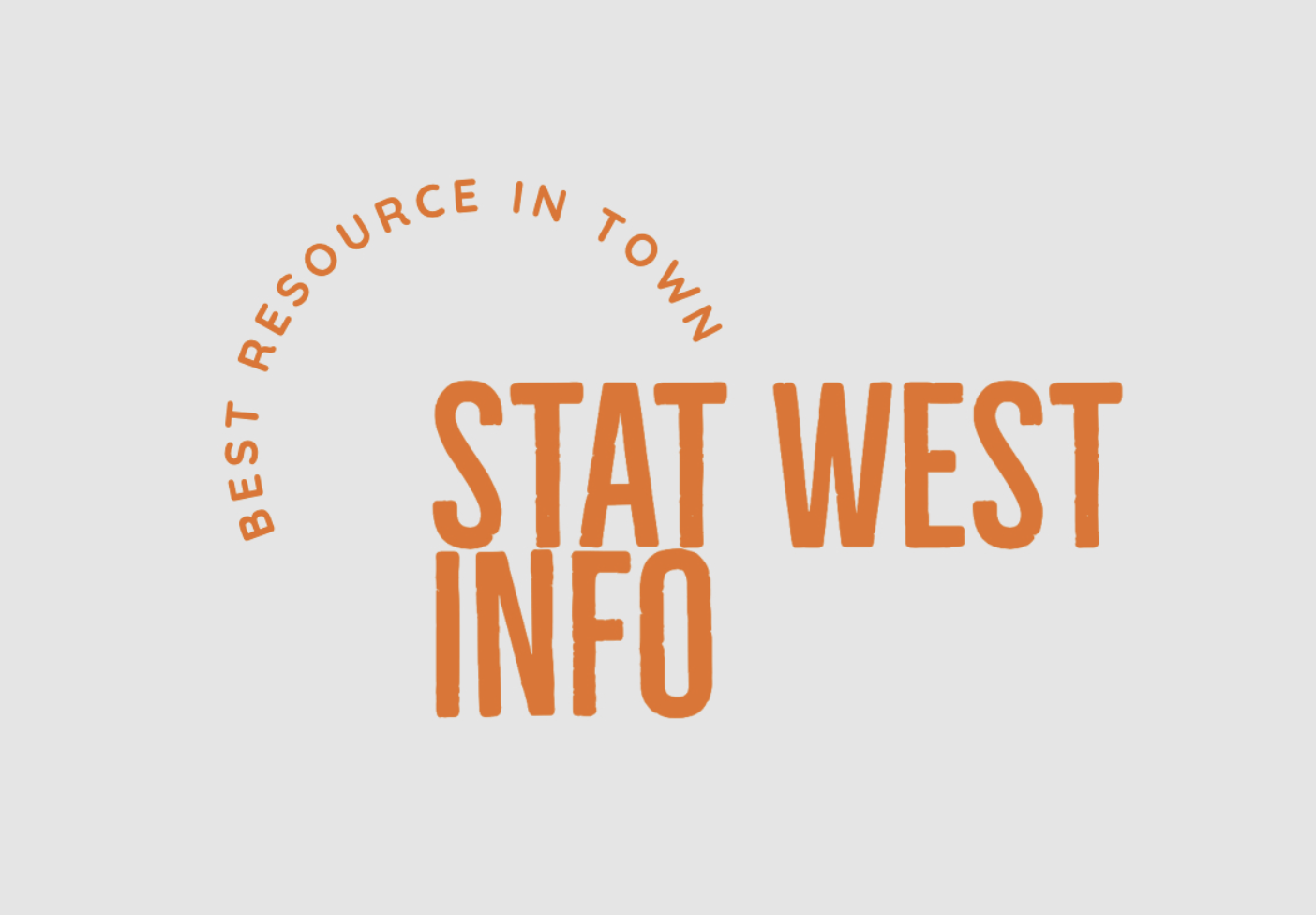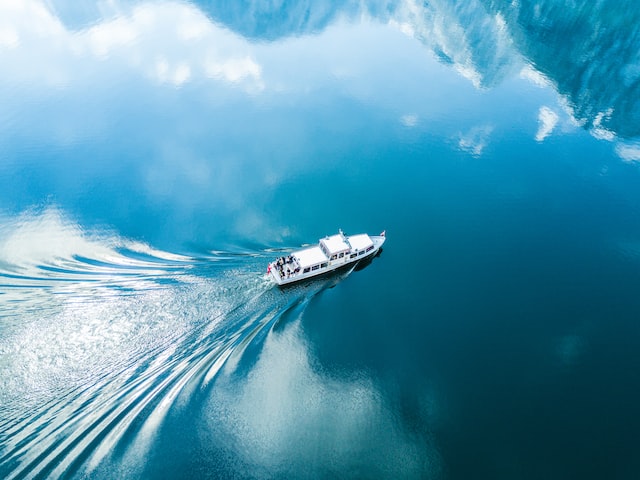Marine inspections can be helpful for several reasons. First, they help buyers determine a vessel’s value or general condition. This can be useful for import duty purposes, re-financing, or an intended buyer. They can also provide a video or photo CD of the vessel. Finally, the buyer typically pays for the inspection on the day it is performed.
Getting a marine inspection
Getting a marine inspection service is crucial if you are considering buying a boat. This professional assessment will determine the condition and value of the vessel, as well as its structural integrity. It will include a thorough visual examination of the hull, safety equipment, and various onboard systems. The survey will also have a test run.
Getting a marine survey is a good idea, no matter how old your boat is. This assessment will reveal any significant defects or pre-existing problems, and the surveyor can recommend how to remedy them. Your insurer may also require a survey if you plan to take out a boat insurance policy. The surveyor will also note whether you have any previous accidents or incidents that may have impacted the value of your vessel.
Benefits of getting a marine inspection
Getting an inspection can be a wise choice if you buy a marine vessel. During this process, a marine surveyor will check the interior and exterior of the boat to find structural or functional defects. They will also provide advice on the best type of marine to purchase.
A marine inspection is essential, especially if purchasing a second-hand vessel. It would be best if you insisted on getting one before settlement. A marine surveyor will inspect the ship on and off the water and tell you whether the boat is in good condition. In addition, the surveyor can give you a more accurate valuation of the ship.
Completeness of a marine inspection
A marine inspection report is a detailed document detailing the condition of a vessel. It contains a detailed description, a list of noted deficiencies and corrective recommendations, and many photographs. It also includes an estimated fair market value and replacement cost for the vessel. There are many benefits to having a marine survey performed on your boat.
An expert must conduct a thorough marine inspection if you are in the market to purchase watercraft. It is also vital for insurance purposes. Insurance companies will require a marine surveyor to determine the fair market value of a vessel and assess the cause of any losses. A complete marine inspection will provide the following:
- A fair market value.
- An accurate description of the ship.
- A list of findings.
- Recommendations for repairs.
Cost of a marine inspection
The cost of a marine inspection depends on a variety of factors. Generally, a surveyor’s hourly rate and the size of the vessel will determine the price. Larger ships require more time and attention than smaller vessels. In addition, their onboard systems may be more complex, including multiple air conditioners and electrical systems. They also may require collision testing to assess their seaworthiness. Finally, the vessel’s age is essential, as older boats may have deferred maintenance and require more thorough inspections.
To determine the cost of a marine inspection, it is best to contact several marine surveyors and ask for references. Generally, the price of a boat survey ranges from $18 to $28 per foot. Therefore, you should call at least three marine surveyors to compare their work and prices. Once you’ve selected a few surveyors, call them and ask to see sample reports.
Professional certification for marine inspectors
There are many different ways to become a marine inspector. The first step is to obtain your license. This may be done with a professional certification program. This certification is a requirement to get the job. In addition, you must have a Master’s degree in marine engineering or a related field. You must also have a certain amount of experience. This can include working on vessels, including tankers, passenger ships, and cargo ships.
The second step is to complete training. Training in marine inspection is extensive and involves at least four years of full-time study. You’ll study maritime and international maritime laws and how to inspect ships and equipment. You’ll also learn how to record your findings. During training, you’ll have the option to focus on engineering or deck inspections.




